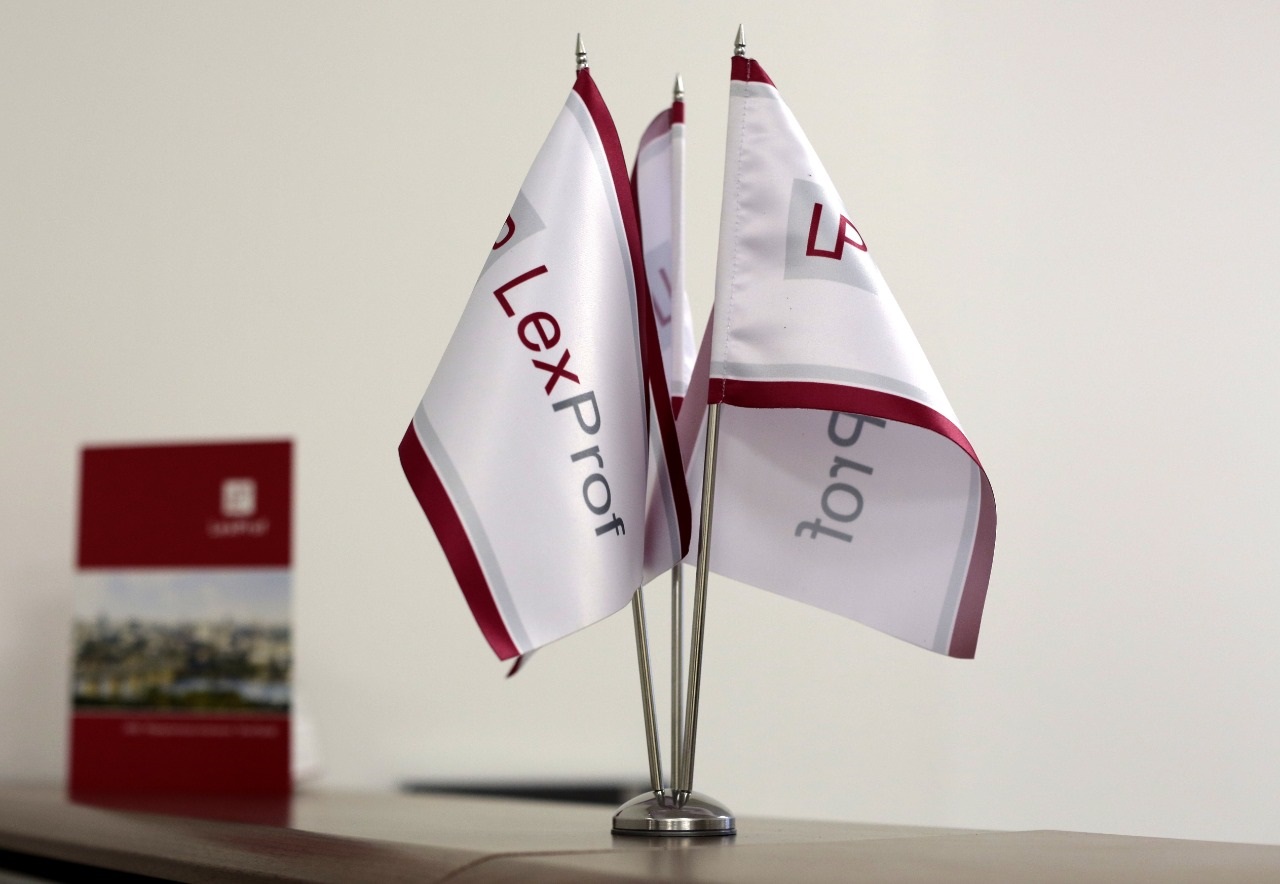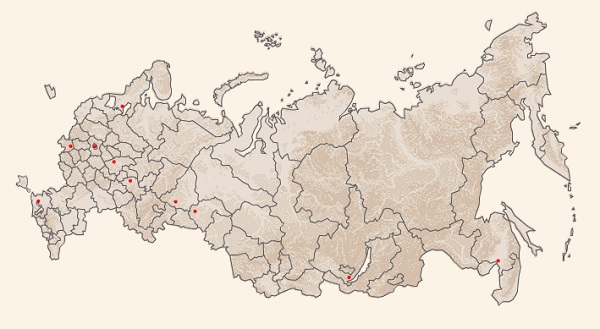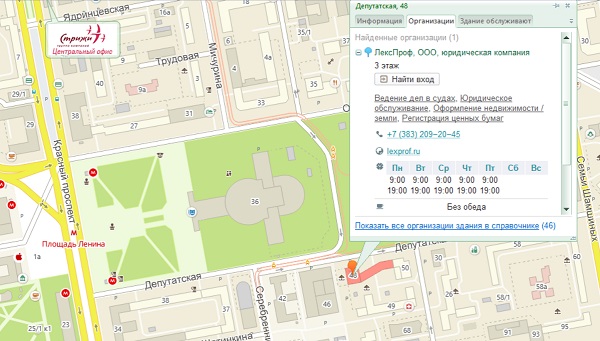The authorized body of the subject of the Russian Federation applied to the arbitration court to a client of LexProf with a claim for suspension of activities for the reception of funds from participants in shared construction. For the client, the suspension of cash taking activities meant the most serious problems, including bankruptcy, since the main activity of the organization was the construction of residential apartment buildings financed by the shared construction participants.
The main arguments of the authorized body were a breach of building commissioning time, specified in the co-investment agreement, as well as violation of building permit application process.
Remarkably that the situation with defrauded co-investors is one of the most acute in Russia generally and in Novosibirsk region particularly. That’s why the developer did not count on the judges’ indulgence. This also determined the client’s interests protection strategy in this case. It was obvious that just legal analysis of the situation could not help solving the problems of the client, since he could create an illusion of trying to escape responsibility for the language of law for the court. It was much more important to prove that in fact the developer was in good faith and did his best to put the buildings into operation, but he was not able to complete the construction due to reasons beyond his control. The developer could not oblige a third person, who is a public entity, to build his own part of the technical conditions for connection to the water supply networks, as a result of which the construction organization was unable to connect the disputed buildings in time to the appropriate networks and, consequently, put them into operation.
In this regard, documents with about one hundred sheets total volume were submitted to the court, which confirmed the fact of installing of disputed buildings, the fact of delaying the construction of the water pipe by third parties for whose actions the developer could not be responsible by law, the facts of repeated appeals of the construction organization to various competent bodies, including the said public entity, with a request to take the necessary measures.
In addition, it was proved that violations in obtaining a building permit could not be grounds for suspending activities for the reception of funds of participants in shared construction, since they are not covered by the disposition of the relevant article.
A lot of work was done to analyze the judicial practice on this subject, which found evidence of the position of courts in the cases with similar circumstances (despite the fact that completely similar cases in practice have not yet been considered).
A careful study of the evidentiary basis, the norms of the current legislation, judicial practice gave its results and the claim was denied, and the client confirmed the legitimacy of raising funds under the co-investment agreements.





